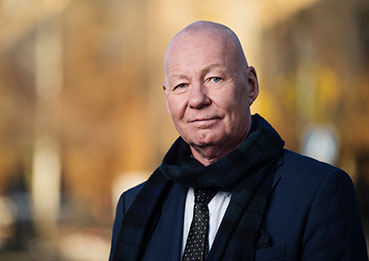Sweden needs more engineers. KTH can educate them. Its STEM strategy states that the number of students studying science and technology should increase from 83,000 to 90,000 at the latest within ten years. Achieving this seems like simple maths, as the needs of the labour market, the government’s goals and KTH’s capacity are all pointing in the same direction. But it’s not that simple.
Each year, the government sets a ceiling amount for each educational institution. This is the maximum amount that the educational institution can receive as compensation for education provided during a given year, expressed in Swedish kronor. Each student represents a deduction from the ceiling amount according to a list of compensation amounts per student that the government decides on each year. A full-time engineering student who passes all their courses in one year gives the university an income of 120,000 SEK.
In other words, the ceiling amount reflects the scale of the educational mandate assigned to each higher education institution. Despite the clear correlation between the needs of the labour market, the government’s objectives and KTH’s capabilities, our ceiling amount has been reduced in recent years. This means that we are accepting fewer new students each year.
A few weeks ago, the President of Chalmers and I wrote an opinion piece about this in DN (in Swedish) h. This has also prompted comments in a number of different newspapers. Our message is being heard, and we look forward to continuing the dialogue with our client on these issues in order to improve the long-term supply of skills to meet the needs of industry and administration.
We are also developing our course range, refining and improving our teaching methods. Our agenda includes active measures to strengthen the quality of our educational environment and improve access to experimental environments for students. We are planning for the future, and as I mentioned, we are ready to welcome more students to KTH.

